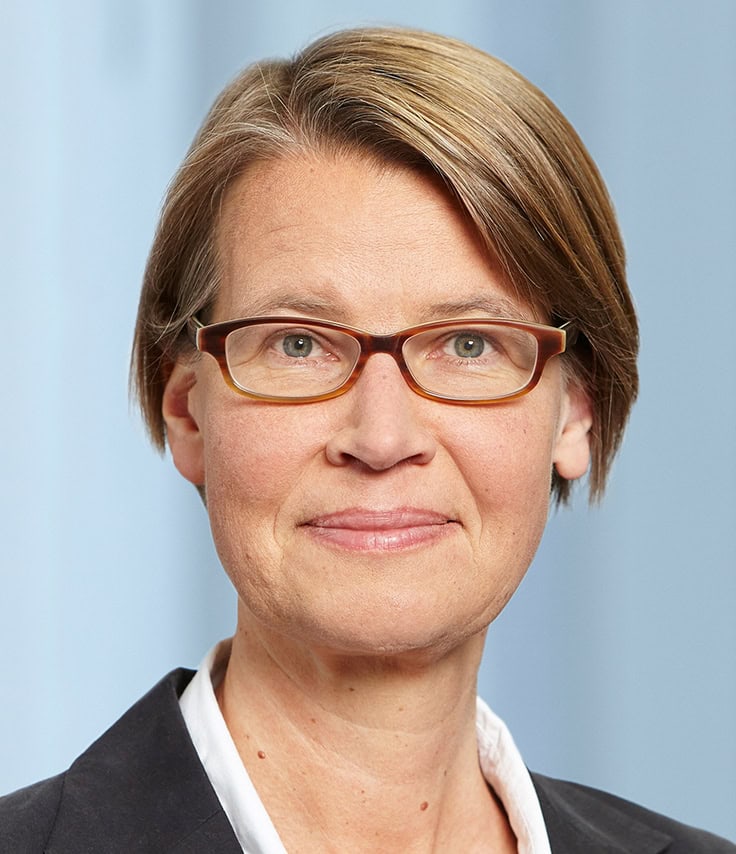Biosketch
Julia Vorholt is Professor of Microbiology at ETH Zurich and is Co-Director of the Swiss National Center of Competence in Research (NCCR) Microbiomes. From 2020 to 2022, she was Director of Studies of the Department of Biology at ETH Zurich. She studied biology at the Universities of Bonn and Marburg, Germany. During her PhD, she worked on the biochemistry of methanogenesis under the supervision of Prof. Dr. R. K. Thauer at the Max-Planck-Institute for terrestrial Microbiology. She then moved to the laboratory of M. E. Lidstrom in Seattle, USA, as a postdoctoral fellow and subsequently returned to the MPI Marburg, Germany, where she established a research group on the biochemistry of methylotrophic bacteria. From 2001 to 2006, she led an independent Max-Planck research group at the Centre National de la Recherche Scientifique (CNRS) in Toulouse, France, initiating work on plant microbiomes. Julia Vorholt was appointed Associate Professor at ETH Zurich in 2006. Since 2012, she has been a Full Professor at the Institute of Microbiology at ETH Zurich. She received the Otto-Hahn medal of the MPG, the Feodor-Lynen medal of the GBM and two ERC Advanced Grants (2015 and 2020). She is an elected member of the European Molecular Biology Organization (EMBO), the German National Academy of Sciences, Leopoldina, and an international member of the US National Academy of Sciences.
Research Interests
Julia Vorholt’s laboratory studies biological systems related to plant microbiomes, one-carbon metabolism and endosymbiosis. The laboratory has developed synthetic microbial community approaches using gnotobiotic plant systems to identify key factors in plant microbiome interactions, with focus on the phyllosphere. They identified crucial components of plant immunity for microbiota homeostasis and microbial community assembly, demonstrating the importance of metabolic interactions in this process. The lab has discovered key enzymes involved in one-carbon conversion and has engineered synthetic methylotrophy using methanol, a renewable carbon source with great potential for the generation of carbon-neutral or carbon-negative value-added products through synthetic methylotrophy. Through genetic engineering and adaptive evolution, the lab has rewired the metabolism of the model bacterium E. coli to grow exclusively on methanol, demonstrating that synthetic methylotrophy can generate products without disrupting the central metabolism. The laboratory is also developing single-cell approaches based on fluidic force microscopy (FluidFM), enabling the injection and extraction of living cells, the transplantation of organelles and the implantation of bacteria to study the emergence of endosymbioses.
Membership Type
International Member
Election Year
2024
Primary Section
Section 62: Plant, Soil, and Microbial Sciences
Secondary Section
Section 44: Microbial Biology
